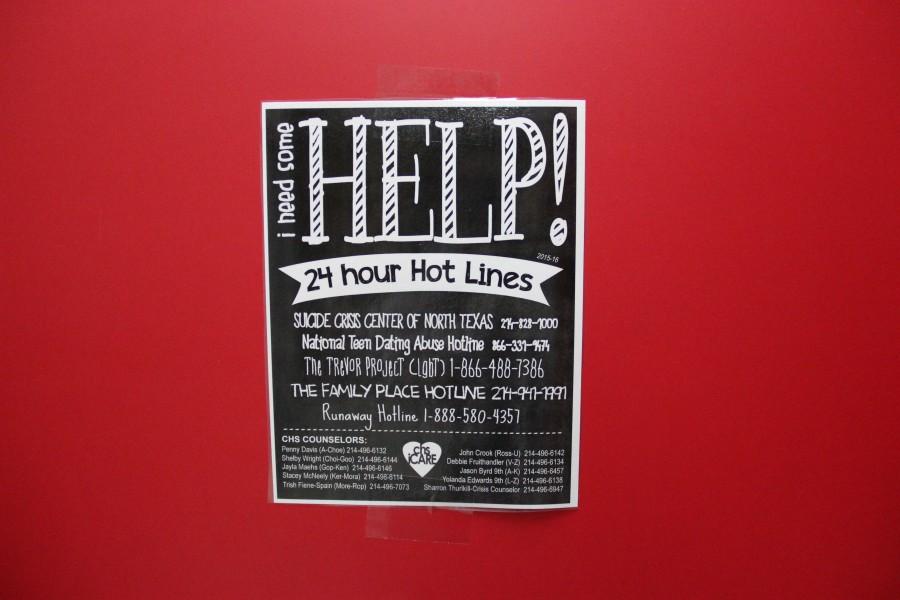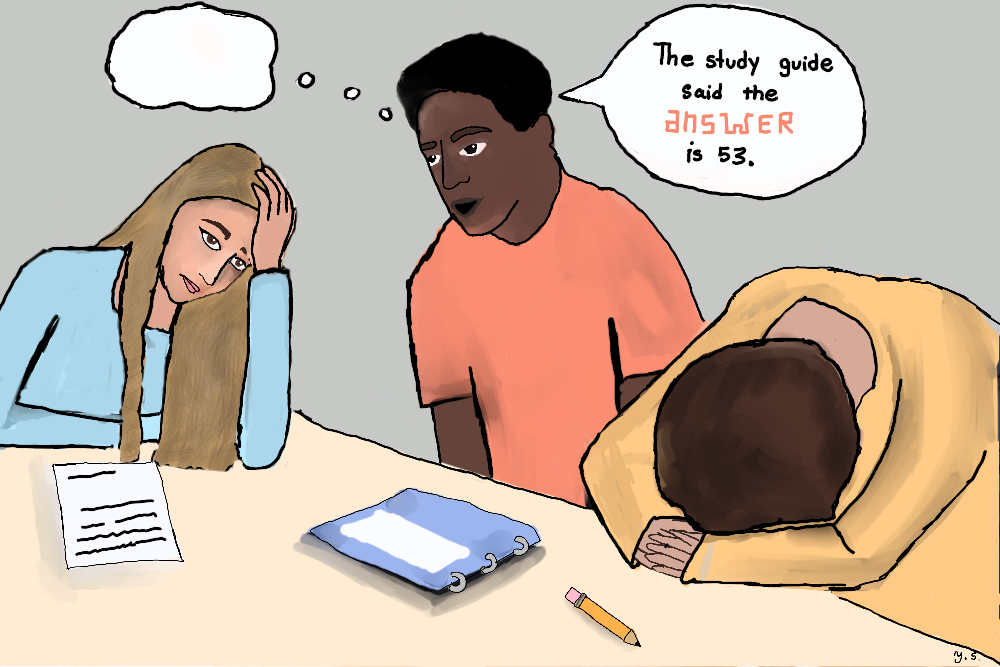By Mallorie Munoz
Managing Editor
@munoz_mallorie
“Do we need to do a better job in mental health?” former governor of Arkansas Mike Huckabee said in wake of the Umpqua Community College shooting. “You bet we do.”
As a society, we tend to blame mental illness every time a mass shooting takes place. There is a trend in politicians responding to tragedies with a mental health call-to-action. Unfortunately, mental health has become increasingly popular to discourse, but do nothing about.
“We have to do our very best to find them [someone with a serious psychiatric condition] and cure them and help them,” former governor of Massachusetts Mitt Romney said.
Considering the present conditions, I would hope that this is not our “very best.”
Today, there are more people with mental illness living in nursing homes, prisons or complete homelessness, than there are in mental institutions. To be exact, there are 10 times as many people diagnosed as mentally ill sent to jail than to institutions created for the sole purpose of improving mental health. This is true because of the way we handle, or really, do not handle, mental illness.
The first step in improving mental health care conditions is to get people talking about mental illness in the first place. Too many are unaware of the 61.5 million adults affected by mental illness. Unfortunately, it appears to take a tragedy to spark the conversation.
The second step is simple education. It is natural as humans to leave the problems of anyone but ourselves unconsidered.
“We are living in a system that rewards self-interest,” Coppell High School AP Psychology and economics teacher Jared Stansel said.
Despite this accustomed state of selfishness, it is imperative that mental health is acknowledged, respected and improved by society.
Part of the reason mental health is not often discussed, is because it is often portrayed as dangerous and deadly by the media. It is the politicians that are looked to every time an event such as a mass shooting take place, and it is the media that provides a platform for them.
If everyone, including said politicians, were better educated on the topic, perhaps it would be accepted that violence is arbitrary, as dismal as it may be, and that the population of those diagnosed are ordinary people that need help.
The third step is to allocate more public funds for mental health care. The reason so many people with psychiatric conditions reside in various inappropriate places is because of the fact there is nowhere else to go. So many cuts have been made in mental health care.
So many patients have been kicked out, billed more, or most commonly, never admitted in the first place. Nearly 60 percent of adults diagnosed with a mental illness went untreated in 2011. This is not because they simply chose not to, but is because treatment is unaffordable for so many.
Budget cuts consistently have robbed from the mental health care system, to the point that there is not much left to take. When over half of those in need of care are left in the dark, suicide rates rise drastically, and the few homicides that are committed by someone mentally ill rise as well.
“Try to take someone with schizophrenia, who may think that everybody is trying to kill him, and then you let him out on the streets, with people who do not know his condition, you can imagine what might happen,” Stansel said.
This is one of the reasons is imperative the conditions of mental health care improve. Patients are being denied and kicked out of the few functional institutions that exist because they do not have the funds for it. Refusing people that genuinely need help and treatment is dangerous and inhumane.
In order to improve the state of mental health, the public must be aware of the ongoing problems faced by those with a mental condition.
To learn about available services to CHS students, click below.









